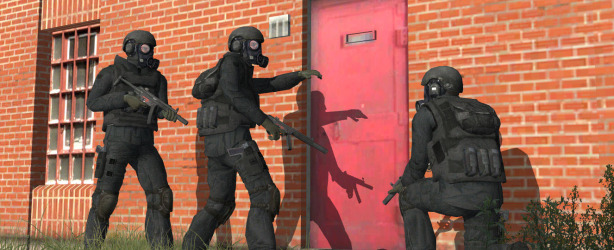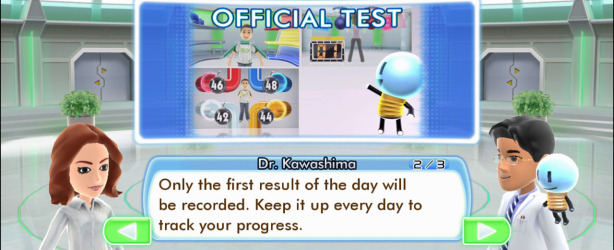
Your Brain on Games
As an undergraduate at the University of Rochester in New York state, C. Shawn Green worked with Daphne Bavelier, a scientist studying brain plasticity. Green was a computer whizz, and he programmed various experiments for testing the vision of research subjects.But he began to notice something strange. When he tried the tests on himself and his friends, the scores were curiously high. At first he thought there was a problem with the program, but he later realised that there was one thing the high-scorers had in common – playing online first-person shooters.
Now Bavelier, Green and other scientists are exploring the idea hinted at by Green’s experience in 2000. Leaving aside the issue of whether video games cause aggression or other problems, they propose that some games can actually improve certain abilities and faculties in players, such as their vision.
‘We’ve found that action video game players are better at a pretty wide variety of tasks,’ says Green. ‘It shows that the human brain is extremely plastic.’
As a result, researchers are exploring ways to make use of video game training, from teaching surgeons to prepping sailors. ‘We’ve built some games that are relevant to Navy skills,’ says Ray Perez of the U.S. Office of Naval Research in Arlington, Virginia. ‘We’re just in our infancy of figuring out what we can do with games.’
Research so far has tended to focus on action games and first-person shooters particularly. In one experiment, published in the journal Nature, Green and Bavelier asked a group of subjects who had not previously played video games to train on either Medal of Honour: Allied Assault or Tetris for 1 hour per day on 10 consecutive days.
They tested the visual acuity of players before and after their training, and while limited change was observed for the Tetris gamers, they found that the Medal of Honour players improved significantly on three key indicators, including the ability to count the number of objects flashed on a screen and to discern items that appear in quick succession.
These may sound like somewhat abstract skills, but the researchers say that one of their most exciting discoveries is precisely that players improve at tasks seemingly having nothing to do with video games. It is rare for abilities learnt via perceptual experience to become generalised in this way. ‘It doesn’t do a lot of practical good to get good at one single task – we want improvement in all areas,’ says Green.
Other studies have suggested that action game players are more sensitive to contrast changes and are more precise when doing something called multisensory processing, meaning integrating information from multiple senses, such as the eyes and ears.
‘Say you’re at a party and you’re trying to pay attention to a friend who’s talking to you – in order to hear and understand friend, it’s helpful to hear the speech and also look at their mouth,’ says Sarah Donohue of Duke University, North Carolina who has published papers on the topic.

MSI MPG Velox 100R Chassis Review
October 14 2021 | 15:04











Want to comment? Please log in.